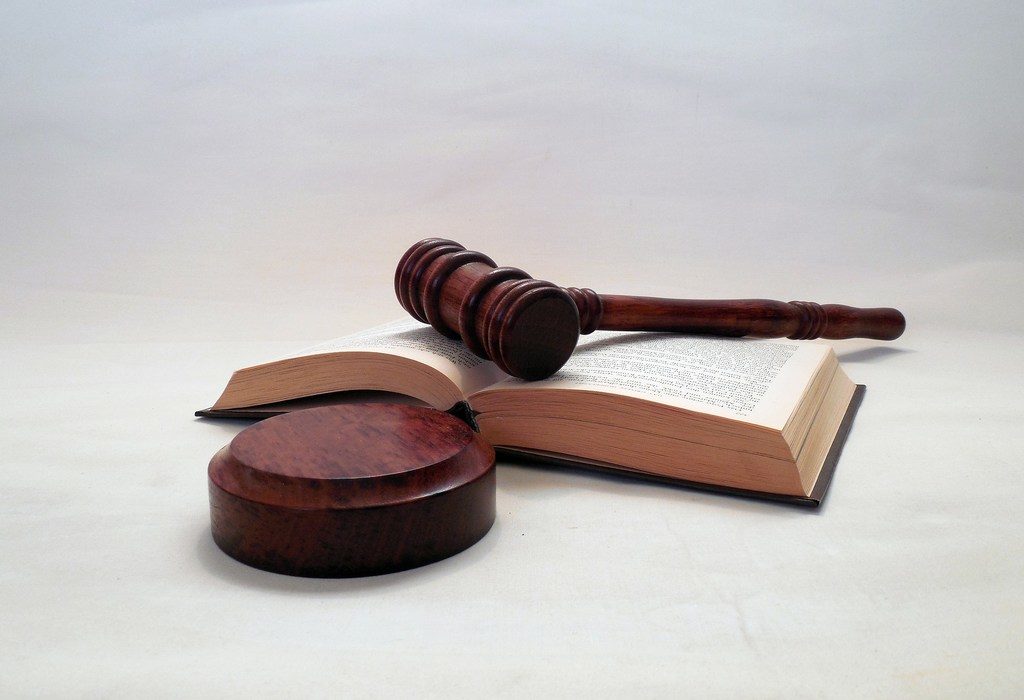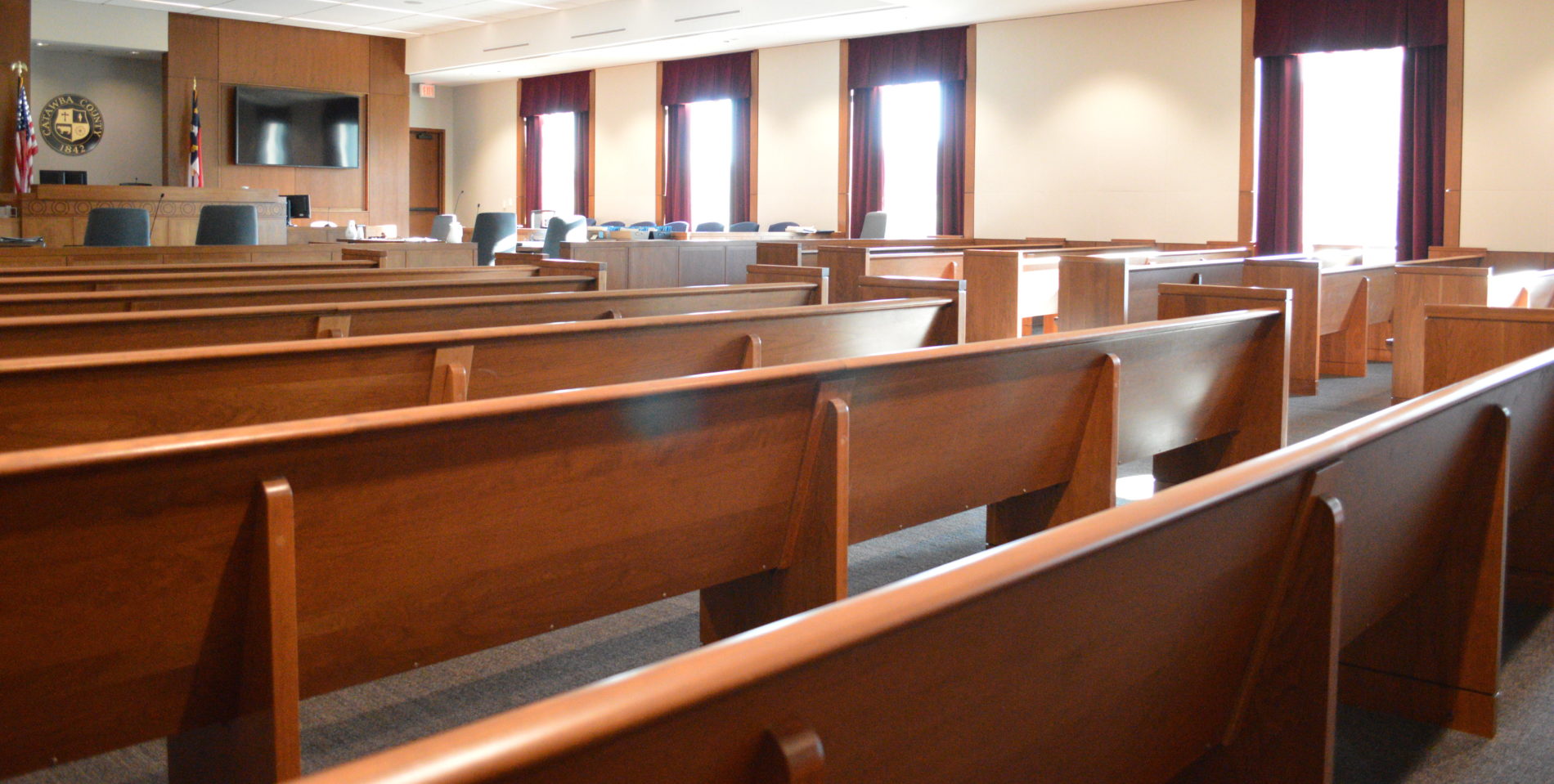Subpoenas:
If you have been subpoenaed to court and are looking for more information about the law and your obligations, click here.
The Role of a Witness
Cases cannot be proven without witnesses. Our criminal justice process is based on a system of private citizens taking the witness stand and providing truthful testimony under oath. All criminal defendants have a right to “confront” witnesses against them. That means all criminal cases require live testimony, so our prosecutors, and the defendant’s attorney, have an opportunity to question witnesses before a judge or jury.
We appreciate the patience and cooperation of all witnesses, and will work to minimize the hassle that comes with participating in court. Our office has already initiated significant changes in how cases are heard in District and Superior Court, if an effort to resolve and finalize cases more quickly. Let us know if you need a subpoena, work or school note, and we will assist you. If you have any questions about your involvement in a case, please call the DA’s Office in the county where the case is pending, and we will do our best to help you determine your role in a case. For witnesses in Superior Court felony cases, you may be able to call our office to be placed on telephone standby for your scheduled court dates.
Who Will be a Witness?
If one of the attorneys in a criminal case determines that a person has information relevant to their case, that is all that is required for someone to be called to the stand. The defense attorneys and prosecutors will make this determination in preparation for a hearing or trial. It is up to the attorney what witnesses will testify, and in what order. There are several reasons a person may be called to testify; some witnesses are called to the stand because they are eye witnesses, some because they can corroborate another witness or piece of evidence. Testifying requires the witness to swear an oath to tell the truth, and then answer questions that are posed by the attorneys and the judge. Full participation and truthful testimony are required, and this process forms the backbone of our criminal justice system. Witnesses who refuse to answer questions of the attorneys, or provide false testimony, may be held in contempt by a judge and prosecuted.

Victims as Witnesses
In most case we prosecute, the victim of the crime will also be a witness. And in many instances, the victim is the best witness to know what happened and to explain the crime to a jury or judge. Victims are subject to the same oath and questioning as any other witness.
What to Expect
District Court
In District Court, where misdemeanors cases are heard, witnesses may be subpoenaed or called to come to court to testify in a case. District Court dockets are one-day dockets, and the case you appear for will be addressed at some point during the day. Because District Court dockets can be busy, it is not always predictable when your testimony will be required. As DA’s, we have an obligation to “run court”, meaning we call up the cases and try our best to prioritize the order of cases to best use our time in the courtroom. We do our best to try and predict how court is going to run, and when a case may be reached, but it is not always possible to do so. We asks that witness have patience in District Court as we sift through over 100 cases per docket.
Superior Court
Superior Court dockets last an entire week, and are smaller than District Court dockets. Superior Court hears felony cases and appeals from District Court. Because of the smaller docket sizes, it is a little easier to predict what cases will be heard, and what witnesses will be needed. However, sometimes cases that we think are for trial decide to enter a guilty plea or get continued, and we have to quickly move on to the next case. Superior Court witnesses may be placed on telephone standby, determined on a case-by-case basis, and informed to appear at a certain time throughout the court week.

